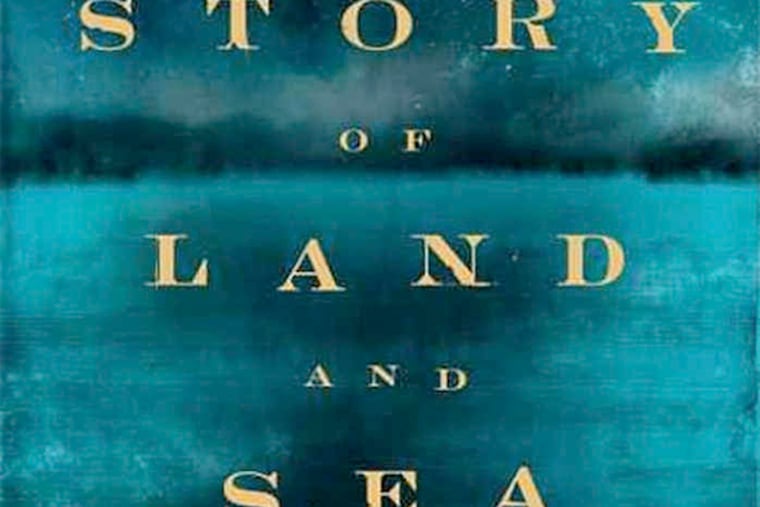A harshly beautiful tale of antebellum South
Katy Simpson Smith has written something wondrous and rare in her coruscating debut novel, The Story of Land and Sea. She writes of the South in the aftermath of the Revolutionary War, which forged these colonies into a brave new nation, and ends it long before the union splits apart.

The Story of Land and Sea
By Katy Simpson Smith
Harper. 256 pp. $27
nolead ends nolead begins
Reviewed by
Karen Heller
Katy Simpson Smith has written something wondrous and rare in her coruscating debut novel, The Story of Land and Sea. She writes of the South in the aftermath of the Revolutionary War, which forged these colonies into a brave new nation, and ends it long before the union splits apart.
Smith's characters inhabit the North Carolina coastal town of Beaufort, where life is punishing. "Death is not unusual," Smith writes of the patriarch Asa, "he had lost three brothers, two new-born sons before Helen's birth. His parents long dead, his wife in the ground with other men's wives. This war would claim thousands more. Bodies are weak, just flesh and bowels. Men should be surprised that they live at all." To be a mother, to bring life into this brutal new world, was to risk your own. A teacher tells Helen "God was a woman's province, and this made sense to Helen. Women were the ones who died." There is no space for mourning.
Smith, an adjunct history professor at Tulane, writes with authority, though never a pedant's voice, drawing from her previous work of nonfiction, We Have Raised All of You: Motherhood in the South, 1750-1835.
For all the quiet restraint of her estimable prose, Smith accomplishes audacious feats. She entices the reader to fall in love with a brave character who appears to be the novel's protagonist only to shed her pages later, her life as brief as many early American childhoods. Men take over the narration, first John, a man of the sea; then his father-in-law, the widower Asa who works the land; and finally his slave Moll, a gift to Helen. Forced into an arranged marriage, Moll desires only freedom for her son Davy, whose talent and intelligence cruelly tease the promise of a better, endurable life. Moll cannot know that freedom in her region is seven decades away.
John and Asa are united, if they are at all, in their love for Helen - wife and daughter who had been "conditioned to solitude" and who, as a girl, "thinks in increasingly small orbits, thrust into a miniature of the world. She has no plans; she only knows that home, crop, and God are not plan enough." Helen haunts them, and the novel, along with the heat and hardship, disease and decay.
In quiet, powerful language, The Story of Land and Sea takes us to a South that has been forgotten, blotted out by the stain of war, and breathes life into early history.